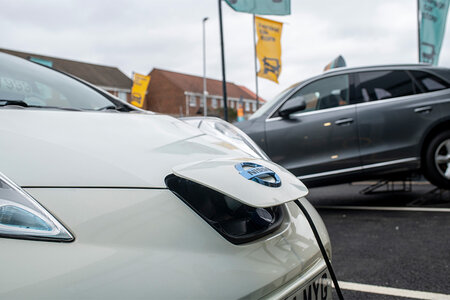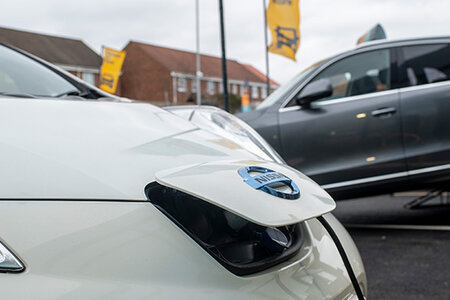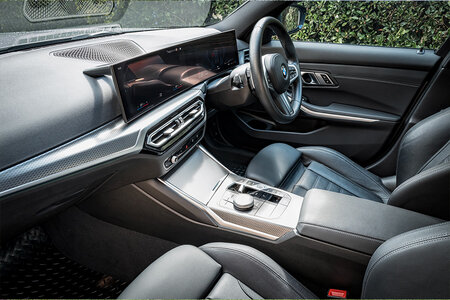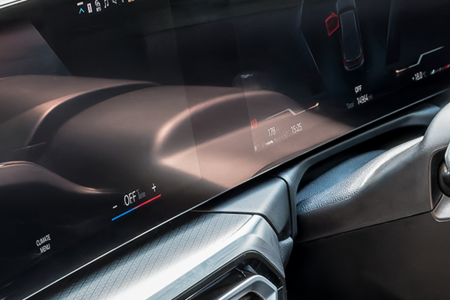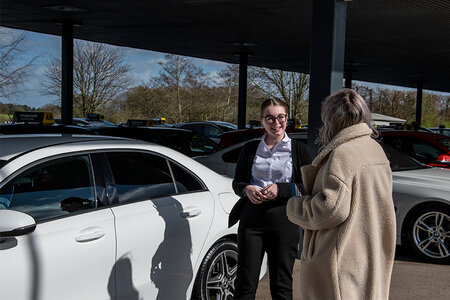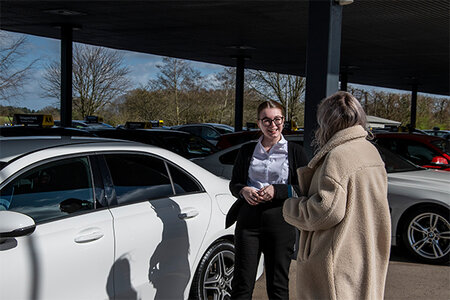One in eight (13%) motorists admit to charging family and friends for lifts or asking for contributions towards fuel costs, according to the latest ‘The Road Ahead’ research from Close Brothers Motor Finance.
As the cost of living continues to soar, people are doing what they can to cut costs where they can. And it not just cutting back on household bills, essentials, and luxury items. People are also looking at ways to cut back when it comes to their vehicle usage and costs.
Almost half (48%) say they shop around for cheaper fuel, whilst 45% are cutting down on the amount they drive leading to almost a third (31%) opting to use public transport to combat surging fuel costs. One in four (26%) have had to delay buying a new car, whilst almost the same number (23%) have now decided against buying a new car.
One in five (19%) refuse to charge their car at home as energy prices continue to remain at a record high. One in six (16%) ask their children to walk to school instead of being dropped off.
How drivers are cutting back to ease the soaring cost of living:
1. Shopping around for cheaper fuel - 48%
2. Cutting down on the amount I drive - 45%
3. Using public transport more often - 31%
4. Delaying my plans to buy a new car - 26%
5. Decided against buying an electric vehicle - 23%
6. Buying a bicycle - 21%
7. Car-sharing with family, friends, colleagues - 21%
8. Buying a more efficient vehicle - 20%
9. Not charging my car at home - 19%
10. Swapping my vehicle for a more cost-efficient option - 17%
11. Asking my children to walk to school instead of offering them a lift - 16%
12. Charging people for lifts/contributing towards fuel costs - 13%
13. Getting rid of a second/third car - 13%
14. Selling my car and not getting a new one - 10%
15. Buying a motorbike - 8%
Lisa Watson, Director of Sales at Close Brothers Motor Finance, said: “Consumers all over the country are looking at ways to tackle the cost-of-living crisis. With interest rates rising for a 12th consecutive month, high inflation, and increasing prices at petrol pumps, it’s not enough to reduce household bills. Many are now having to explore other measures to stretch their finances further – including charging loved ones for fuel.
“As consumers and businesses alike look to navigate through this challenging period, the knock-on effect is that demand is constrained, and prices have no scope to fall. It is important that we continue to work together to provide solutions and tackle the challenges faced this year.
“For example, by utilising insights, we can assist dealers through our dealer funding support; helping them stock forecourts to effectively meet demand and ensure that pricing is optimised, which allows benefits to be passed on to consumers by ensuring they can get the most for their money whilst budgets are tight.”



